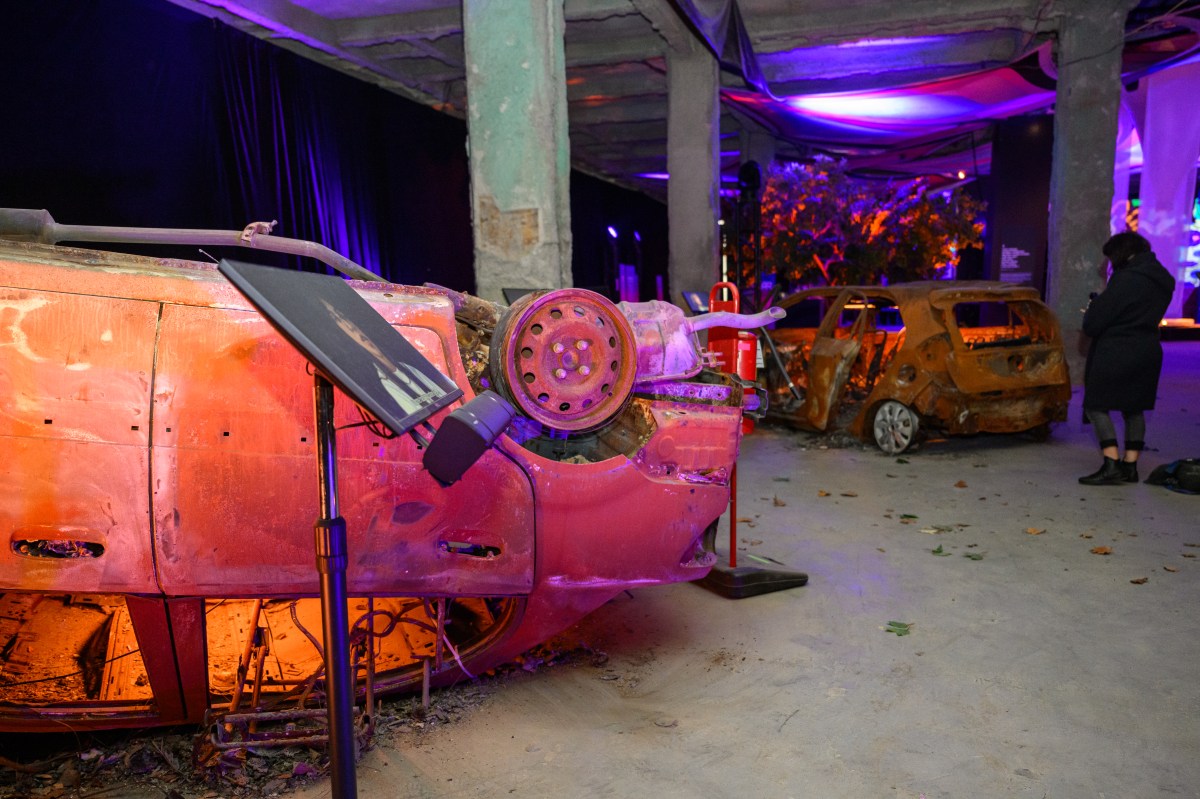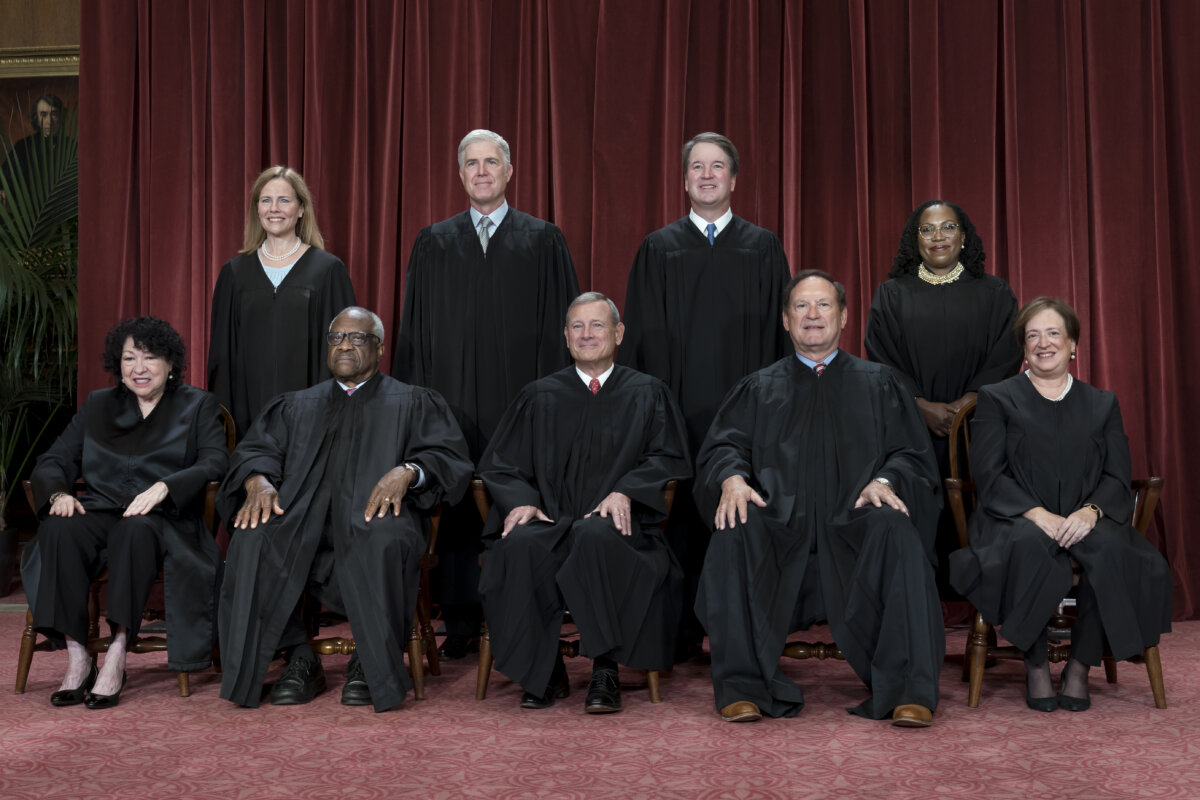
In times of disaster, there are those who run. And then there are those who run directly into the fray. Journalist Chris Faraone is one of the those people. The former reporter for the Boston Phoenix, the now defunct alt-weekly, is an immersive journalist (a Gonzo journalist, really,) the kind who doesn’t mind getting a little dirt on his hands while hunting for the facts other journalists might leave un-dug. The kind who relishes it.
Faraone has camped in the trenches of the Occupy movement — following the movement tirelessly, some might say doggedly — reporting from hotspots in Dewey Square and camps across the country. These months spent exhaustively reporting the grassroots protests for the Phoenix birthed the 34-year-old writer’s first book, the self-published 99 Nights with the 99 Percent.
Now, just two weeks after the bombs went off at the finish line of the Boston Marathon, he’s penned his second book. Heartbreak Hell is an e-book that chronicles Faraone’s experiences reporting the attack on the marathon —both as a journalist and a self-appointed Bostonian — over many sleepless hours fueled, by his own admission, by a lot of drugs and a lot of heart.
Faraone recently won Boston-based online news site BostInno’s Write to Power Books distinction in the media category of their 50 on Fire awards, which honor those “setting the Boston scene on fire,” the wording now imbued with a kind of eerie symmetry, considering the content of Heartbreak Hell. We caught up with Faraone in preview of the e-book’s release — available for free at heartbreakhell.com — before he left town for a much-needed vacation (the reporter’s first real bit of time off in some 10 odd years). “If people read the book, they’ll understand why,” he said.

How the hell did you manage to write an entire book, in the span of two weeks, while juggling all your various freelance assignments?
Some of those assignments — for Dig Boston, for the American Prospect —were incorporated into the book, but they only account for a bit of it. Otherwise, this is a work of gut reaction and reporting. I was just a few blocks away when the bombs went off. From that point on, I was reporting and writing for about 20 hours a day — whether on Twitter, walking the streets filling notepads, or sitting at bars processing it all the best I could.
What was your initial, gut reaction when you first became aware what was going down that day?
First my reaction was that there was no way this was an attack. I thought it must have been some sort of accident. And then, amidst the people who were still going about their business merrily, I saw more and more people crying, and even sobbing uncontrollably, lost. Having been in New York City on 9/11, my thought at that point was that I really can’t believe something like that is happening again. Then I thought to start reporting.
What has this experience these past few weeks been like, as both a Bostonian and a reporter?
As someone who lives in Boston by choice, it’s strange to see so much attention put on the place from outside. I’m from New York, and one thing I love about Boston is that it’s not the focus of attention. It’s a great place, we know it, a lot of tourists love it, the teams win, and that’s good enough for us. It’s been interesting to watch the reaction from outsiders this time around, because from their perspective it’s hard to see that there were different reactions, that not everyone was just holding up “Boston Strong” banners and acting like we won the World Series. As a reporter, I set out to show the different types of impacts that this heinous act of violence had on people and circumstances that we didn’t see much of in most reporting in the immediate aftermath.
Did you pitch this book around at all, or immediately decide to put it on the web?
Maybe one day this — or some version of Heartbreak Hell — will come out as a regular print book. At this point, though, that’s the last thing on my mind. I just want to get the story out there to as many people as possible. Whether it’s cathartic, or just a different take on things, the stories I tell are the kinds that I think people will want to remember down the line. The book is kind of a time capsule.
Why did you decide to package this as a free online book?
I think it just matched the spirit of the whole reaction. The last thing I want to do right now is run around hawking a book about this tragedy. These are just stories that I want to get out there, while they’re fresh. I got help from my friend Clarence Smith Jr. (of Bold Edition) to develop what I can honestly say is one of the most dynamic and beautiful-looking online e-books ever released by anyone. There’s also a version on Amazon for Kindle, and that cost me a little bit to format, so that one is 99 cents. A little secret though — it’s not nearly as cool looking as the free version.
Check out Chris Faraone’s “Heartbreak Hell” at HeartbreakHell.com.
















